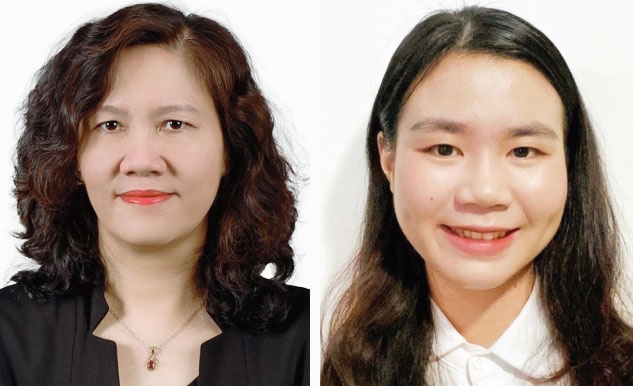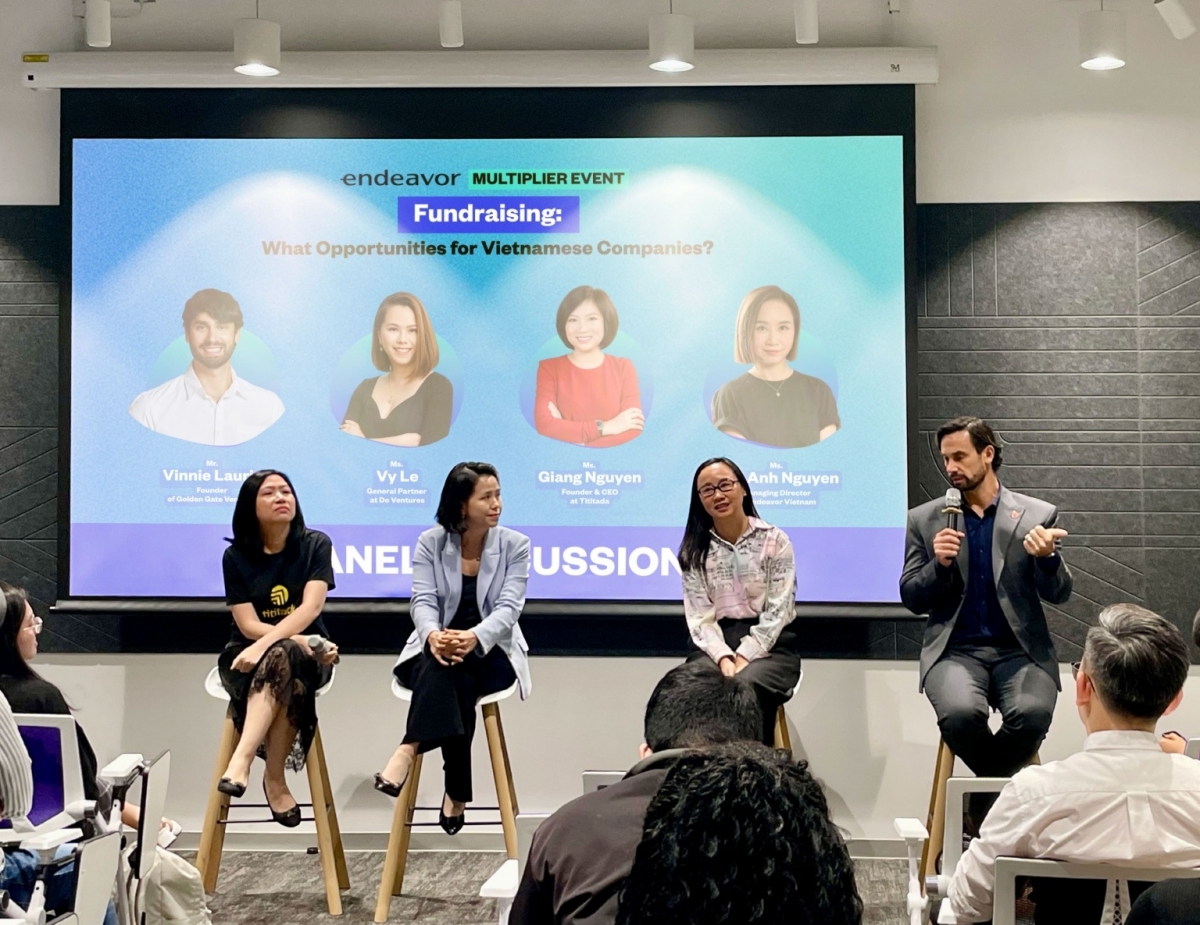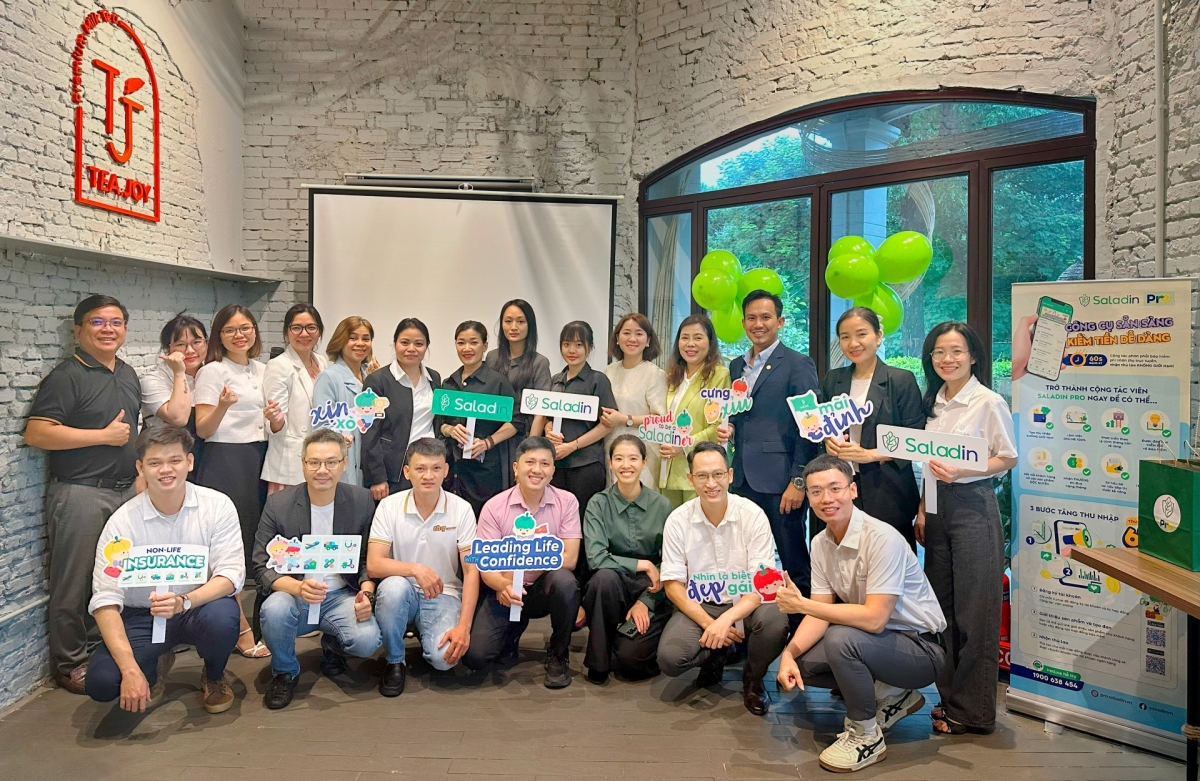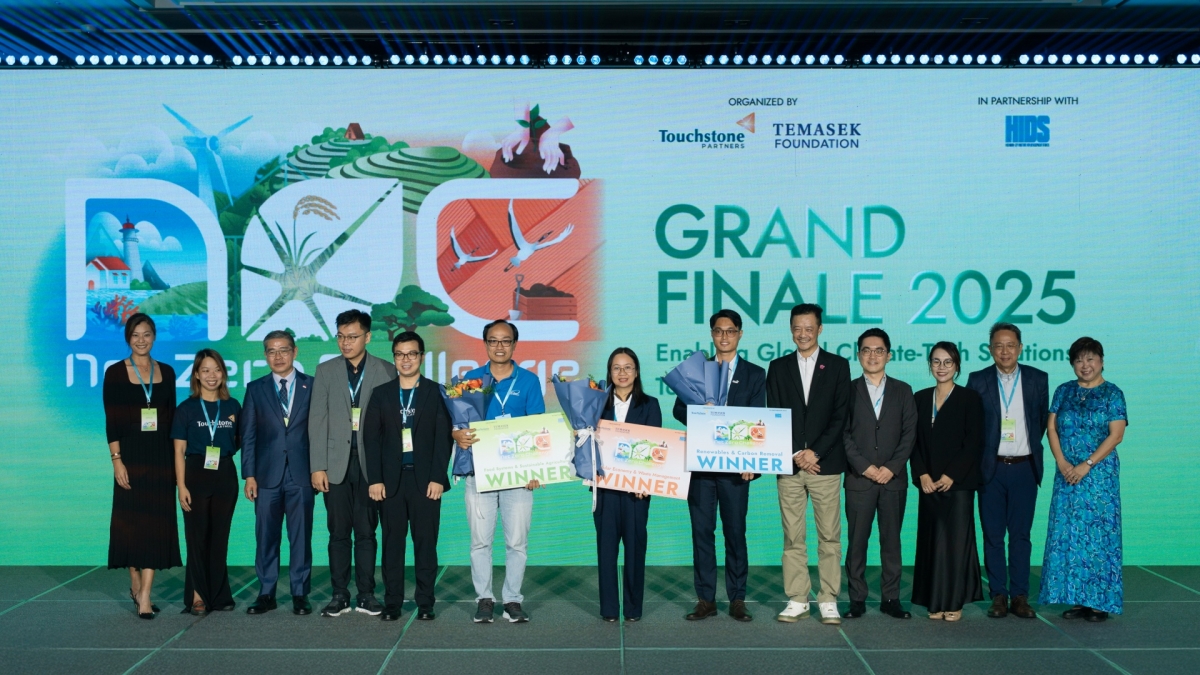INTERNATIONAL INVESTMENT
AND PORTAL
The state has provided special policies to encourage small- and medium-sized startup enterprises (SMEs) that primarily focus on tech advancement and research, and need the assistance of all resources for building their reputation and market status.
The law on assistance to SMEs defines an innovative startup SME as one established to implement its business ideas based on the exploitation of intellectual property, technology, and are capable of rapid and scalable growth. Furthermore, Article 20 of Decree No.80/2021/ND-CP guiding the implementation of this law states that an SME will be identified as an innovative startup SME if it: produces or trades products created from patents, utility solutions, industrial designs, integrated circuit designs, computer software, mobile phone applications, cloud computing, new animal breeds, plant varieties, and aquatic organism breeds.
It is also identified as such if it produces or trades products created from trial production projects, prototypes, and technology completion; products that win national or international prizes for entrepreneurship, startups, or science and technology in accordance with the laws and regulations such prizes.
 Nguyen Thi Hong Anh - Indochine Counsel and Tran Tu Xuan - Indochine Counsel
Nguyen Thi Hong Anh - Indochine Counsel and Tran Tu Xuan - Indochine Counsel
An innovative startup SME can also boast new technological solutions or business models that might increase the enterprise’s revenue by at least 20 per cent over two consecutive years on the basis of analysis of market share, prospective development of the products, and competitiveness of the enterprise.
Under Article 18 of the law on assistance to SMEs, investors of innovative startup groups may include venture capital funds that are established to make both domestic and foreign private financiers, organisations, or individuals do business via the contribution of capital for the establishment of such enterprises or purchase of shares or stakes. Wherein, the venture capital funds used for investing in them shall be operated in accordance with the following conditions: the rate of the funding shall not exceed 50 per cent of the charter capital of innovative startup SMEs, and the private investors who have the financial ability are responsible for their contribution in venture capital funds.
Once they have invested in innovative startup SMEs, they will be entitled to enjoy prescribed corporate income tax exemptions and reductions in respect of earned income from their investment in them.
There are three specific qualifications that must first be met for innovative startup SMEs to receive any of the above assistance. They have to be in operation for up to five years from the day on which their first enterprise registration certificate is issued; they must not have initiated a public offering of its securities (in the case of a joint-stock company); and they must be duly selected in accordance with provisions of Article 21 of Decree 80.
Article 21 covers, among other things, the following: enterprises that won a national or international prize for startups or have startup-related products or projects, or are granted patents; or are granted a sci-tech enterprise certificate, high technology enterprise certificate, or high technology-applying enterprise certificate.
The actual assistance available to eligible candidates is stated in Decree 80 and Circular 06/2022/TT-BKHDT guiding Decree 80, and covers reimbursement issues that range from around $450 for a contract, per year and per enterprise, to as much as $4,350. These reimbursements are in respect to aspects such as equipment use, leasing costs, protection of intellectual property rights, quality control systems, advanced training, registration on international e-commerce platforms, and participation in global trade fairs and other SME-related events.
Eligibility for each of these assistance figures is subject to the size of the actual contract of the enterprise. Innovative startup SMEs may request more than one type of assistance in the same application dossier, and such an application may only be submitted to one assisting body at that time. They may only receive reimbursement of funds for advisory services if they are included in the advisor network posted on the National Information Portal for assistance.
By Hong Anh and Tu Xuan



















